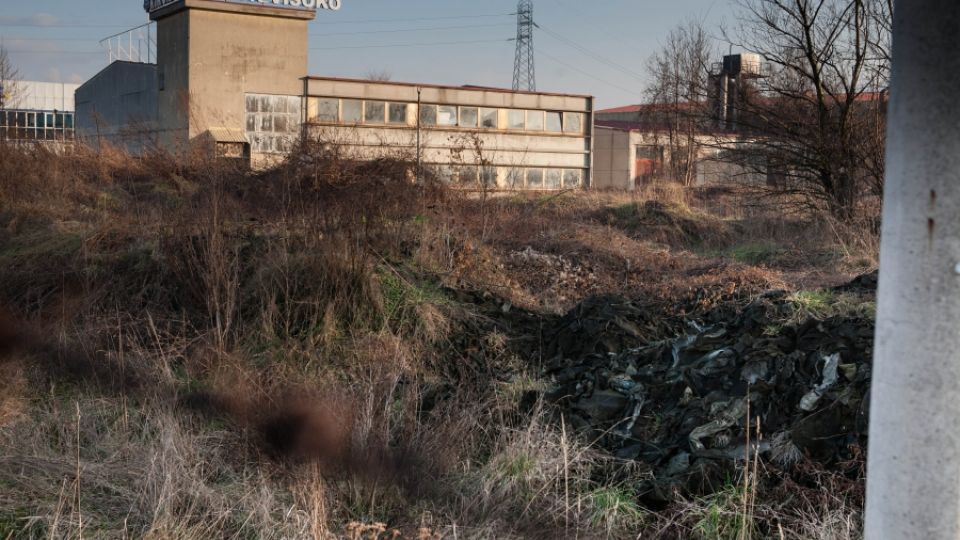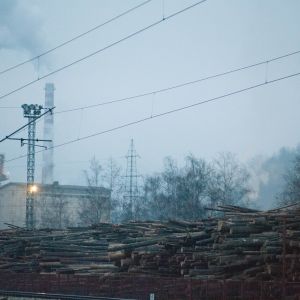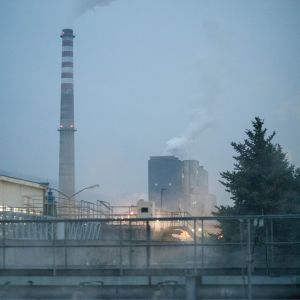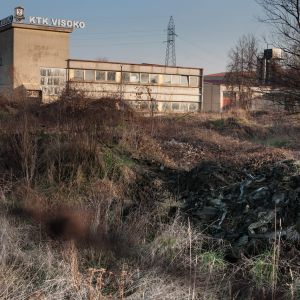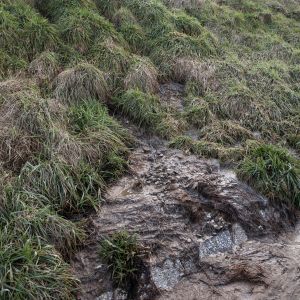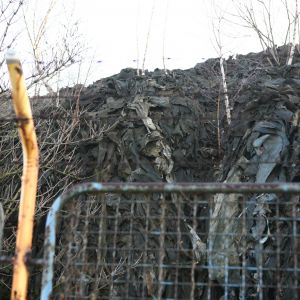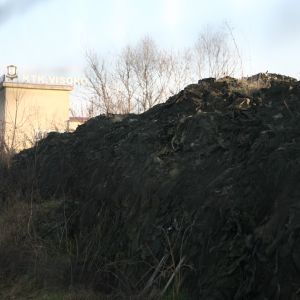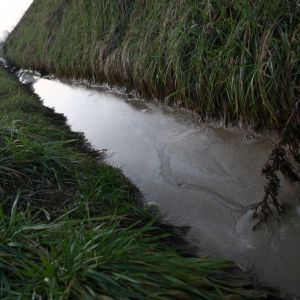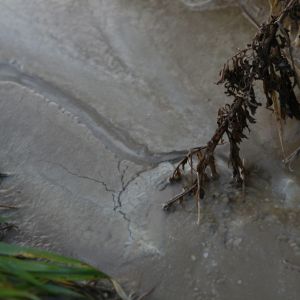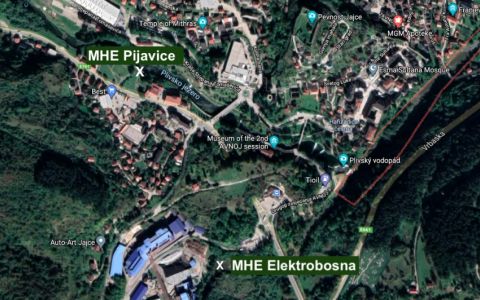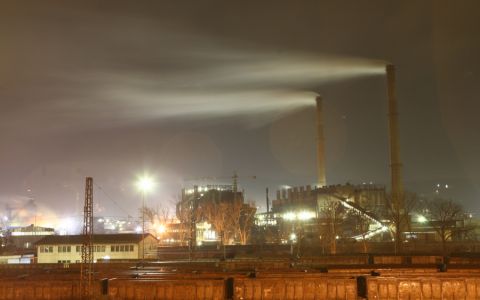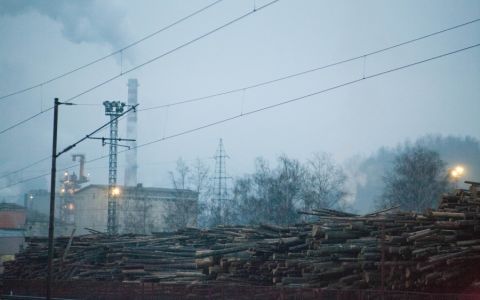Visoko is situated 20 km northwest of Sarajevo and was well-known for its economic stronghold based on an export of traditional industry textiles and leather goods. KTK Visoko is the leading leather producing company in B&H that produces ready-made clothes, shoes and other leather goods.
This company employed over 5000 people before the Bosnian war (1992-95). The economic situation changed significantly changed after the war. Since 2006 the Bosnian the Muslin-Croat Federation tried to offer KTK Visoko and was ready to privatize the company. KTK Visoko employed over 1200 workers and exported its goods around the Europe. As the crisis hit Europe, KTK Visoko was not an exception. In 2013, the local company Prevent expressed interested in buying KTK Visoko. By this time only 100 employees were still operational, 500 workers have already lost their jobs. Prevent finally bought KTK Visoko in June 2014.
KTK Visoko has in operation various factories, shoe and leather garments, rubber boots and fur factories. All kinds of clothes are being made in factories in Visoko. Before any piece of clothing is made, the leather must go through a process of preparation to further production. The whole process depends on the final product that is supposed to be created from raw hides or skins, this process is called “tanning”.
Skins and raw hides are mainly made of water, proteins and collagen. The manufacturing process of these raw materials includes soaking in the water for several hours or days. This helps to remove the salt, dirt, blood and other fats on the skin. Another step is fleshing that helps to get rid of the hair. The skin or hide can go through more procedures that make it easier to work with and prepare it for the tanning. During the tanning process, all the proteins of the raw hide or skin are converted into a stable material which will not putrefy and which is suitable for a wide variety of end applications; this is when the leather is being created.
There are many types of tanning that transform skin into the leather: chrome-tanned leather (the most widespread), aldehyde-tanned leather, formaldehyde tanning, etc. After the tanning procedures, the leather needs to be dried and at the final stage it is ironed, polished and treated the way necessary for its usage.
The tanning process is the part of the leather-production-process when the most chemicals are used to transform the skin into the leather. But almost all of the stages of leather production are harmful to the environment (water and atmospheric system) because of chemicals added during the process and waste (mainly wastewater) resulting from it.



